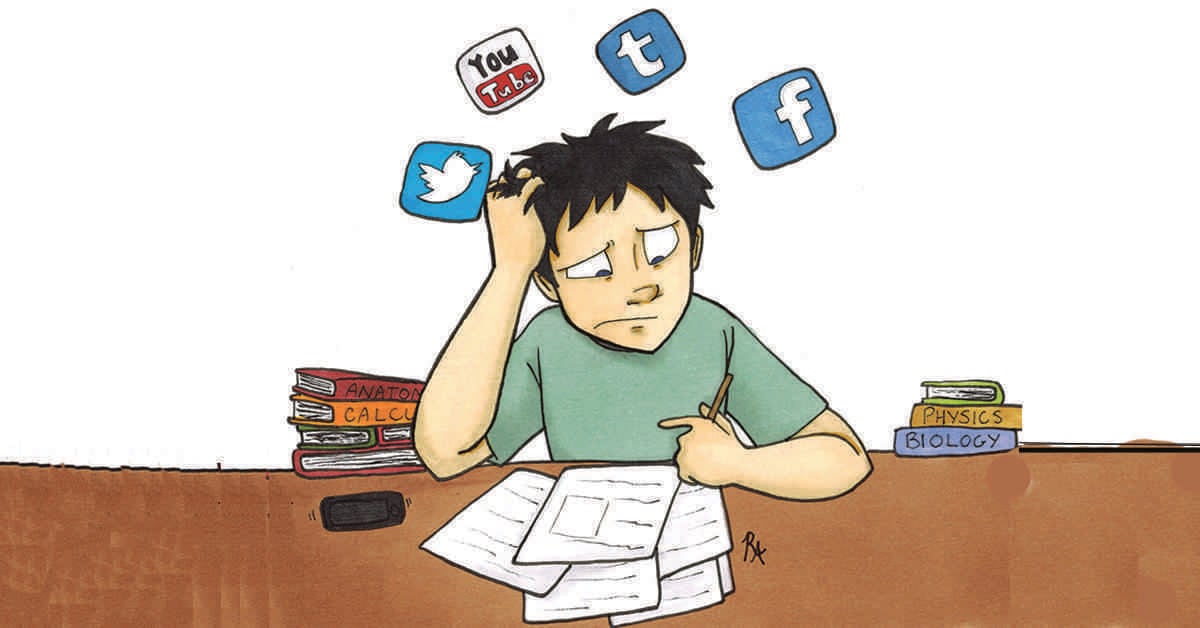How does educational technology affect human interaction and self esteem?
The Findings!
 |
| Image Source |
According to the article, "Social Media, Social Life: Teens Reveal Their Experiences," there are many positive and negative ways that social media affects teens. Right from a teen's perspective, social media can help them feel better when they are lonely or depressed, because there is always someone online to chat with. This in return makes them feel joyful. Social media is also a way for teens' to express themselves through displaying their creative pieces of art or by expressing their opinions in written words, rather than verbal. Quite often this saves teens from being rejected by their peers by allowing those interested to comment and appreciate the thought or creativity of a person. One in four teens attest to social media being vital to them in expressing their creativity. As an educator, I find this fact important to teen health to be able to assert themselves openly about their likes, interests, and opinions.
 |
| Image Source |
 |
| Image Source |
On the other hand, there are some disadvantages to social media and how it can affect a teen. For example, many teens say that social media distracts them from their homework. We all know the result of being distracted while trying to accomplish something else more important: lower productivity and quality of work. I wonder what some students' grades would be like if they were shut off from social media during class time or homework time? I've seen firsthand successful students whose parents provide them with restrictions and put school at a higher priority than most. Their productivity goes through the roof and they excel in the classroom and on state standardized tests. Now who wouldn't want that for their child? Another negative affect that social media has on teens is the amount of harsh language, hate speech, and bullying that takes place. Two-thirds of teens can identify with seeing and/or experiencing one of those areas. It's no wonder teen suicide is on the rise, as well as clinical depression, and other social abnormalities.
Research shows that in 2012, almost half of teens would say that they loved getting together with friends to communicate with them personally. Now, more than half of all teens would attest to social media removing them from
personal relationships and diverting them from "being in the moment" with those around them.
Thoughts?
I was only partially surprised by these statistics, as I have seen many of the affects in the classroom with students who sneak cell phones into their pockets or quietly go to noneducational cites while working on assigned activities on the computers. Just a student knowing a device is in their pocket distracts their focus. Rotating the classroom and monitoring student screens is the only other way to keep students on task that struggle with social media addictions. It is so important, as educators, to stay on top of the current finding of research and the behind the scenes activity that we wouldn't know otherwise. For example, I didn't realize all of the hate speech and harsh language that kids/teens are putting out there and exposing others to. I can't help but believe that these kids who are posting such things have a low self-esteem and it could be from what they have been exposed to in social media as well. It is beginning to sound like a vicious cycle. What else can we do as educators to prevent this?
No comments:
Post a Comment